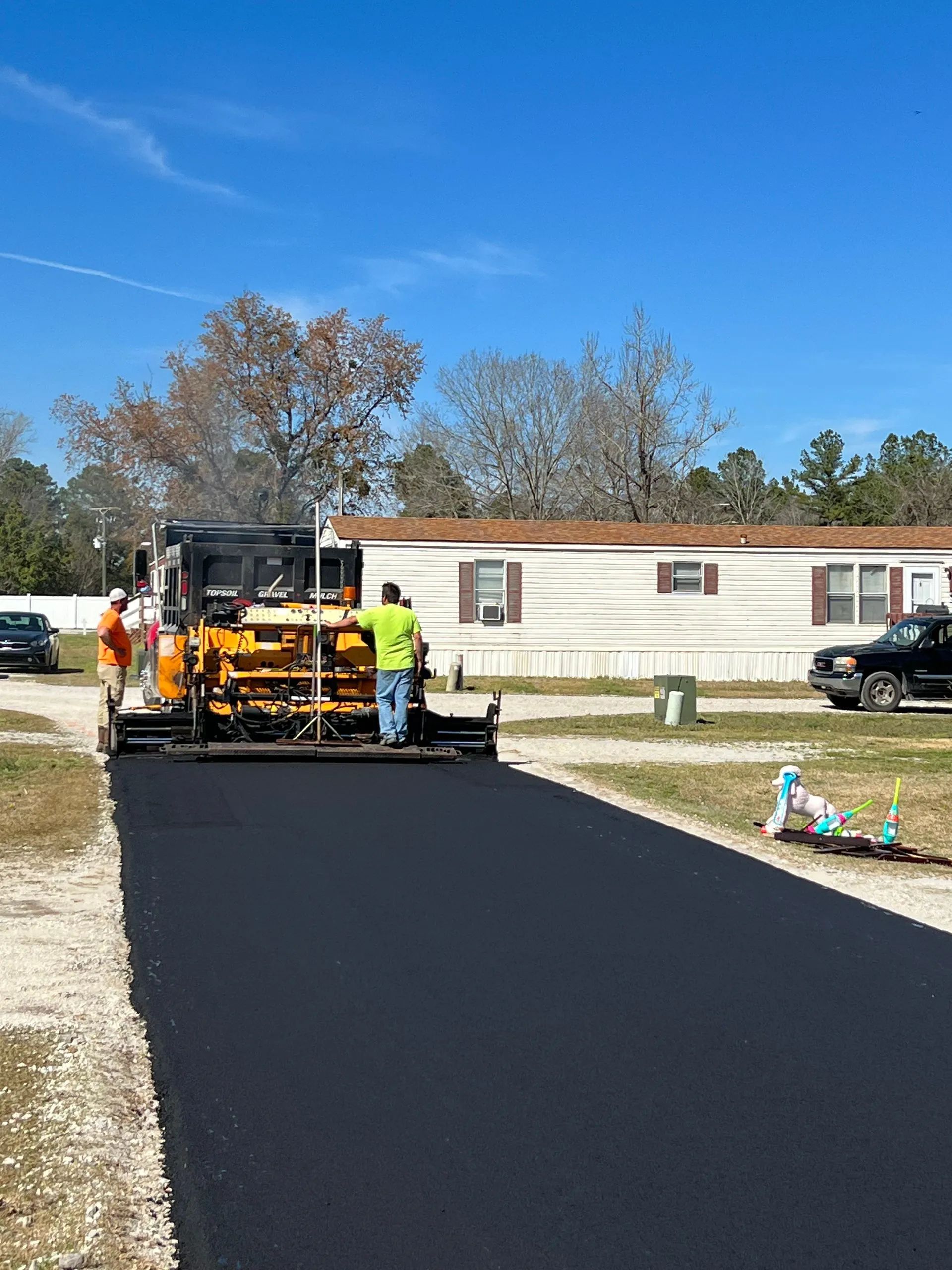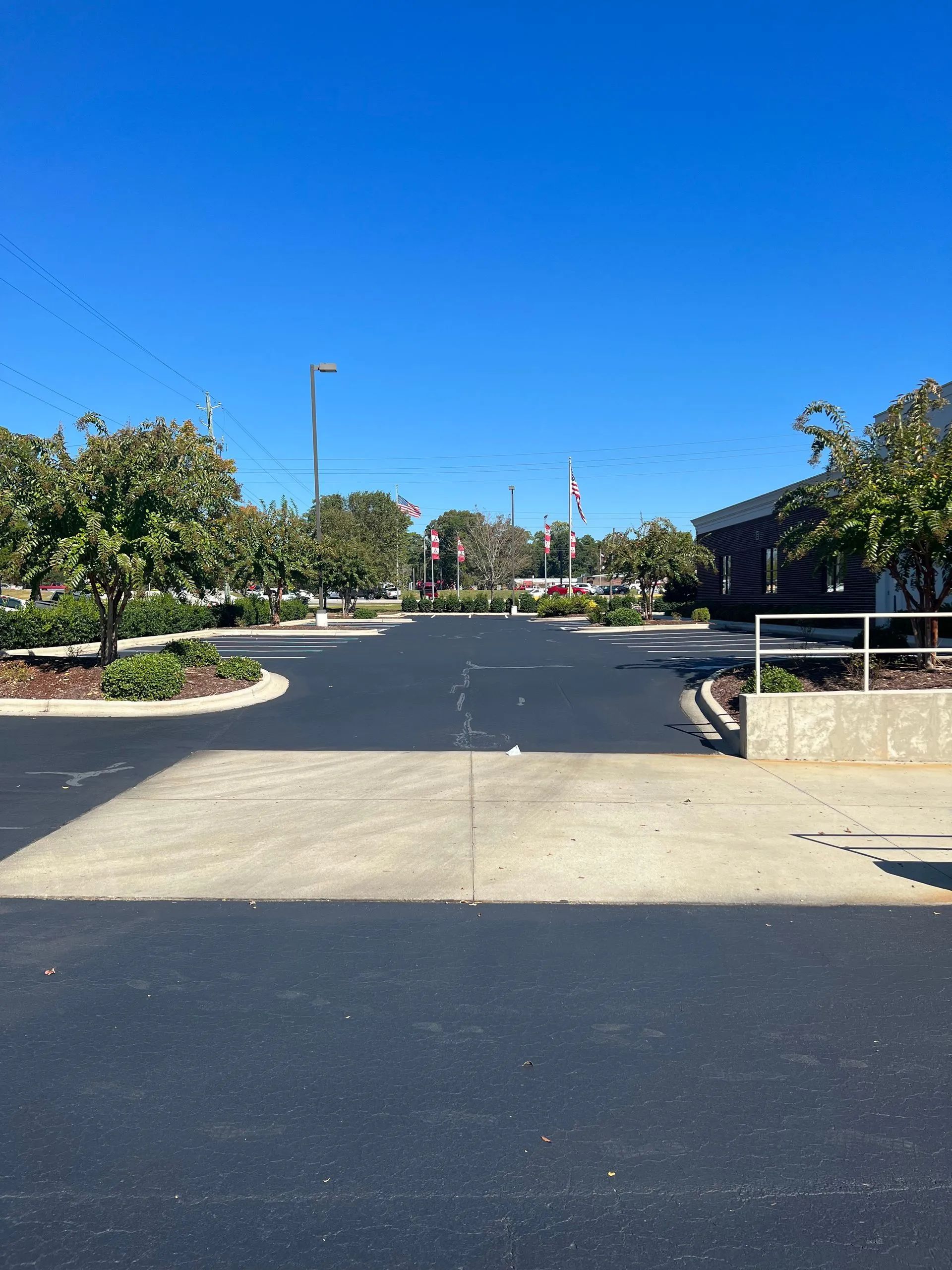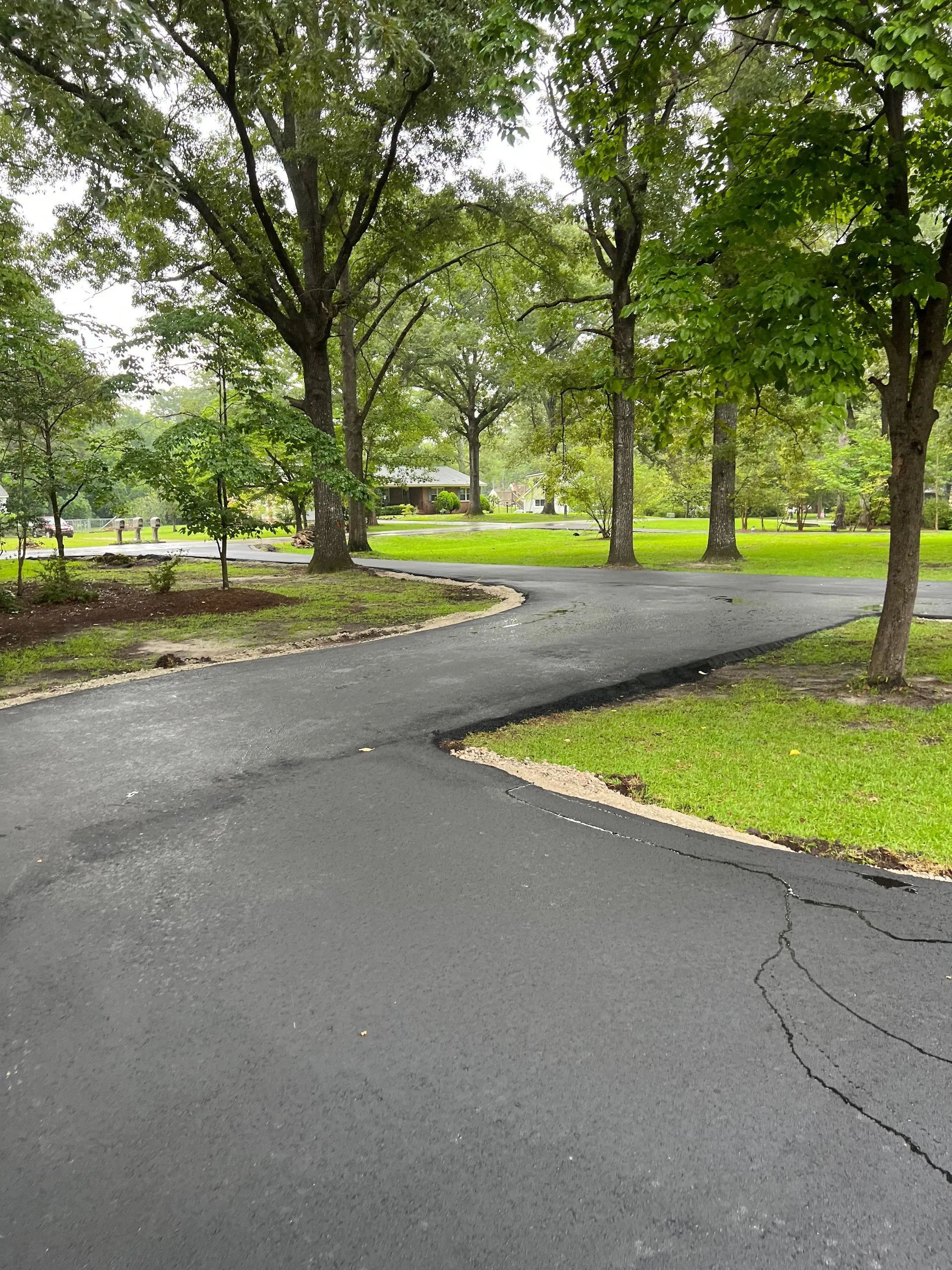Chip Seal vs. Traditional Asphalt: Which Is Right for Your Private Road?
When it comes to paving your private road, choosing the right material is crucial. Two of the most popular surfacing methods are chip seal and traditional asphalt. Each offers unique benefits and considerations depending on your priorities—be it cost, durability, maintenance, or aesthetics. Understanding the differences between chip seal and asphalt can help you make a smarter, long-term decision for your property.
Private roads need to be tough enough to withstand the elements, yet cost-effective enough to fit within your budget. The decision between chip seal and asphalt isn’t one-size-fits-all. It depends on your road’s usage, desired appearance, and long-term maintenance plans. Whether you’re paving a rural driveway or a long access road, it’s important to weigh both the initial installation and future upkeep. In this blog, we'll explore how each paving method works, its pros and cons, and how to determine which is best suited to your private road needs.
What Is Chip Seal?
Chip seal is a pavement surface treatment that combines a layer of asphalt with fine aggregate (chips). It's a popular choice for rural roads and driveways due to its cost-effectiveness and rustic look. The process involves spraying hot asphalt onto the road surface and then covering it with stone chips, which are compacted into place.
What Is Traditional Asphalt?
Traditional asphalt paving uses a hot mix of bitumen and aggregate to create a smooth, flexible surface. It’s commonly used on highways, city roads, and residential driveways. Asphalt is known for its sleek appearance and long-term durability when installed and maintained properly.
Durability and Maintenance
Chip seal is more prone to wear over time and may need reapplication every 5 to 7 years. However, it's great for low-traffic areas and can significantly extend the life of an existing pavement when used as a sealant. Traditional asphalt typically lasts 15 to 20 years or more with proper maintenance, offering a smoother surface better suited for higher traffic volumes.
Cost Comparison
One of the main advantages of chip seal is its affordability. It costs significantly less than asphalt, both in material and labor. For property owners looking for a functional yet budget-conscious option, chip seal is an attractive solution. Traditional asphalt has a higher upfront cost but offers long-term value through its strength and reduced need for frequent repairs.
Aesthetic and Performance Factors
If appearance is a key concern, asphalt offers a sleek, uniform finish. Chip seal provides a more natural, textured look that some homeowners prefer in rural or wooded settings. In terms of performance, asphalt handles weather fluctuations and heavy traffic better, while chip seal is more susceptible to displacement under pressure.
Which Should You Choose?
If your private road sees minimal traffic and you're working within a tighter budget, chip seal could be the right fit. However, if you're looking for a smoother, more durable surface capable of withstanding higher use, traditional asphalt is likely the better investment.
Trust the Experts for Quality Paving Solutions
Choosing between chip seal and traditional asphalt is easier when you have expert guidance. At Able Asphalt Paving Inc., we bring over 15 years of experience serving Jacksonville, NC, and the surrounding areas with reliable, high-quality paving solutions. Whether you're paving a private road, driveway, or commercial lot, our team is here to help you find the most cost-effective and long-lasting option. Reach out today for a personalized consultation and let us help you build a better surface from the ground up.



